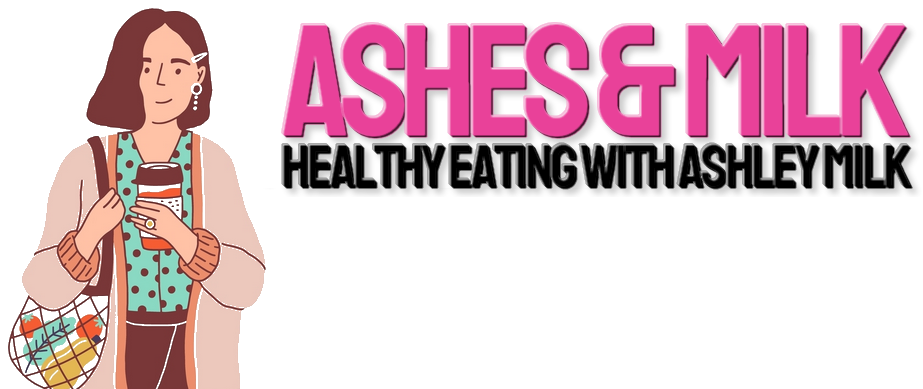Working in real estate means keeping up with quite a bit of information. The right type of customer relationship management software will go a long way toward keeping things organized. If you are thinking of investing in a new program, make sure you follow these four real estate CRM tips.
1. Profiles Must Include Images and Social Media

Just about any software for real estate CRM will create profiles that include basics like names, contact addresses, and phone numbers. A field for email addresses is also common. You want as product that goes a little further and includes other data that you can put to good use. Specifically, make sure the profile has fields to store images and capture the URLs for social media accounts. Richer profiles keep more information at your fingertips and also make it easier to track referrals from past customers or contacts.
2. The Ability to Identify Leads, Prospects, and Current Customers

Tracking the status of a contact is essential. You want to know if any given contact is currently a lead, a prospect, or a present or past customer. This will make all the difference in terms of knowing what sort of action items you need to schedule for that contact.
Keep in mind that the software should make it easy to change the status of each contact as they move through your sales pipeline. If the product requires you to take several steps in order to do this one thing, take that as a sign to look for a different software package.
3. Easy to Track and Schedule Activities

It’s important to track what letters you’ve sent, the open houses that you’ve scheduled, and any offers or bids that are currently on the table. Ideally, the real estate CRM software should allow you to schedule tasks that remind you when it’s time to make a phone call, send an email or text, or start promoting the next open house. Tracking and scheduling activities does more than keep your day more organized; it also helps you cultivate a more professional image with your clients and prospective clients.
4. Compatibility With Other Software That You Use

You do want your real estate CRM software to integrate seamlessly with other software that you use. That includes word processing software and your cache of form letters, the program used to store your contracts, and even the vendors you use for catering an open house or arranging some special event. Think of what that means in terms of preparing mailings or sending out texts to people you want to invite to an event.
Compare different CRM software and see what you think. Come up with several scenarios based on tasks that you do daily and weekly. Find out how the software would help you manage those tasks. If you’re happy with the performance, then you’ve found the software package that’s right for you.









